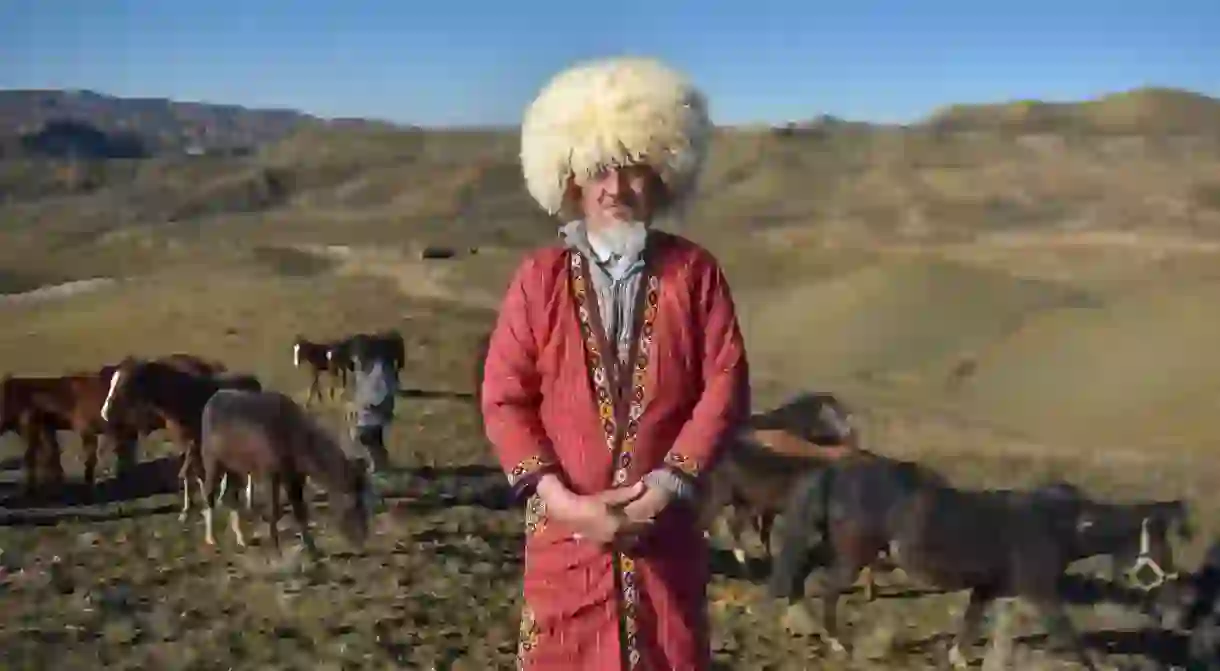A Breakdown of Tarof in Iran, and How to Navigate it

The one cultural phenomenon, which you simply cannot get away with avoiding when it comes to interacting with Iranians, is tarof, the Iranian art of etiquette. If navigated incorrectly, it could end up leaving you feeling incredibly confused and at risk of upsetting all Iranians within a 10-mile radius. Keep reading to discover how to avoid the risk of rudeness.
What is Tarof?
Tarof can take many shapes and forms, but you can think of it as a sort of verbal duel of sorts, or a waltz of words. At best, it may result in fighting over the bill at a restaurant, and at worst, it might leave you seriously offending people as you go about your travels.

Mix with cultures
European and American cultures are often very direct and upfront. When you are being hosted at someone’s house and are offered a cup of tea, it’s pretty straightforward to accept if you would like it and politely turn it down if you don’t. Now put this scenario into an Iranian context and you have a whole other story. This ritual of politeness means that, as a general rule, when you are offered any food or beverage at your host’s home, you begin with a gentle ‘no, thank you’. The offer is made and refused back and forth a few times until a cup of tea is placed in front of you. Strangely enough, it doesn’t matter how many times you say ‘no, thank you’, you will never be left without a cup of tea and it will also seem to magically keep refilling itself before your eyes as the night unfolds. The same rule applies to any food or beverage, from a bowl of fruit (side note: remember to practice your fruit peeling before visiting an Iranian household to avoid further embarrassment) to an assortment of dried fruit and trays full of Iranian sweets.
Cultural symbolism
Another way in which tarof manifests itself is in the seemingly generous way taxi drivers, shopkeepers, baristas, waiters and almost every other type of service personnel will tell you whatever service you’ve just used or product you are about to buy is on the house and not to worry about it. The common phrase you will hear is ‘ghabeleh shoma ra nadareh’, meaning for you, its free.Lovely right? But don’t feel overly flattered – this does not mean you should not pay. This is a form of politeness and tarof in Iranian culture because asking for money up front without the person offering it or insisting that you take their money is quite frankly just not the way things are done and may come off as sounding greedy and not very nice. A similar situation may happen at a restaurant over the bill. Everyone will want to pay it, as a sign of appreciation for the rest of the people in the group. You may feel like you’ve lost a fight at the end of a meal or two but eventually, things will even out as you treat someone to their meal the following occasion and vice versa.
Many different forms
Tarof can also come your way in the form of a string of dazzling and seemingly overwhelmingly flattering compliments, which when translated into English can sound a bit weird and extremely over the top. So when someone says, ‘qurboonet beram’, it most definitely does not mean that he or she is literally going to sacrifice themselves for you. Similarly, ‘moosh bokhoradet’ is a way of saying ‘you’re cute’, as opposed to the somewhat fearful idea that a mouse will actually eat you.

Imporant notes
It’s important to note that while tarof is an essential aspect of Persian culture and communication, it can be somewhat perplexing and challenging for individuals from other cultural backgrounds to understand and navigate. Visitors to Iran or other Persian-speaking countries are generally not expected to engage in tarof to the same extent as locals, but being aware of its existence can help in understanding and appreciating the local customs and traditions.
Did you know – Culture Trip now does bookable, small-group trips? Pick from authentic, immersive Epic Trips, compact and action-packed Mini Trips and sparkling, expansive Sailing Trips.













